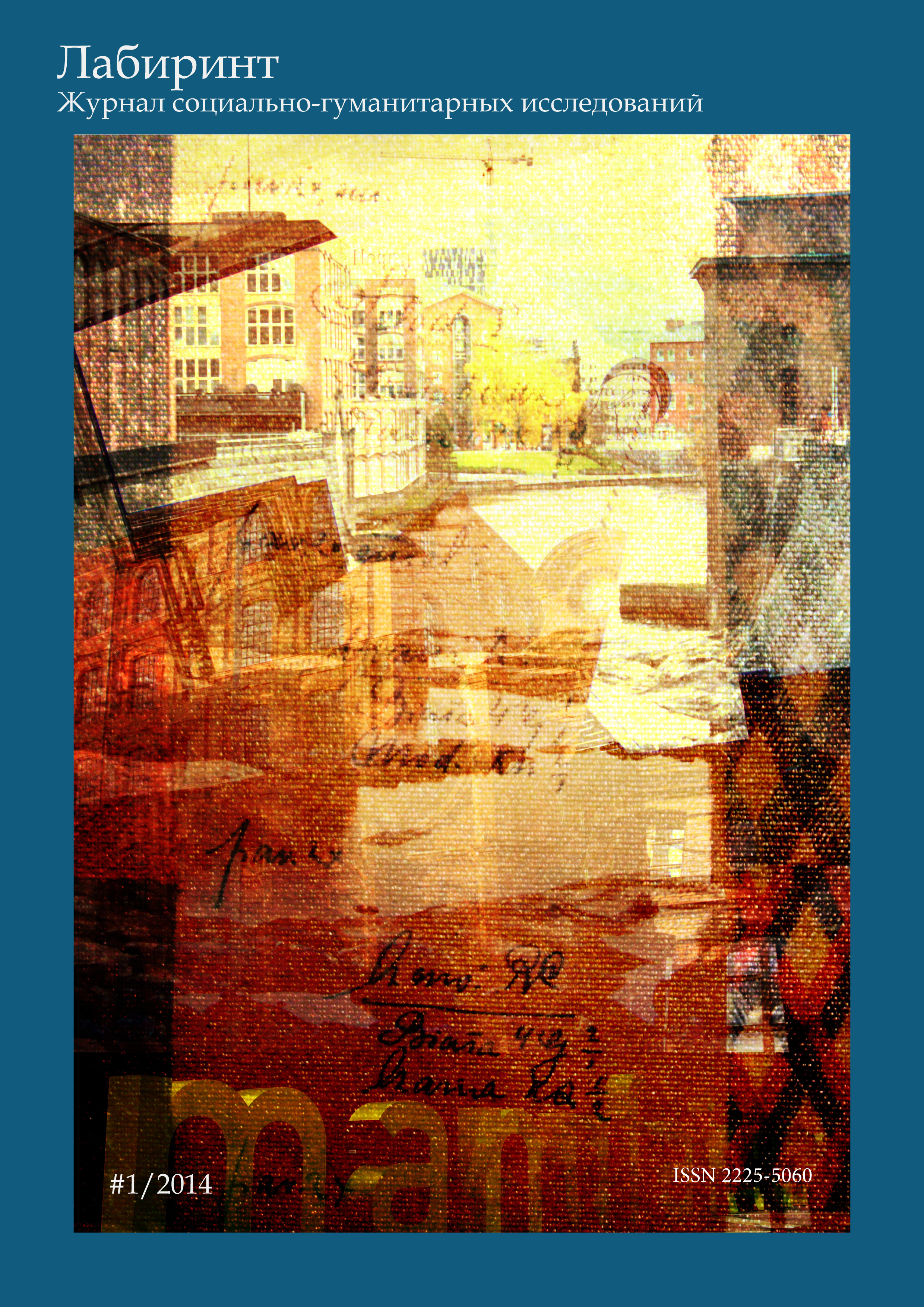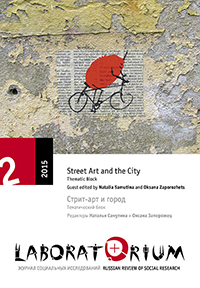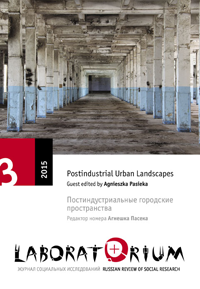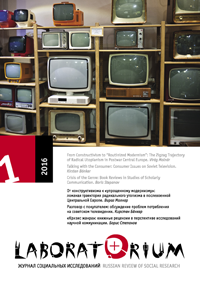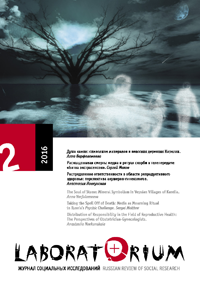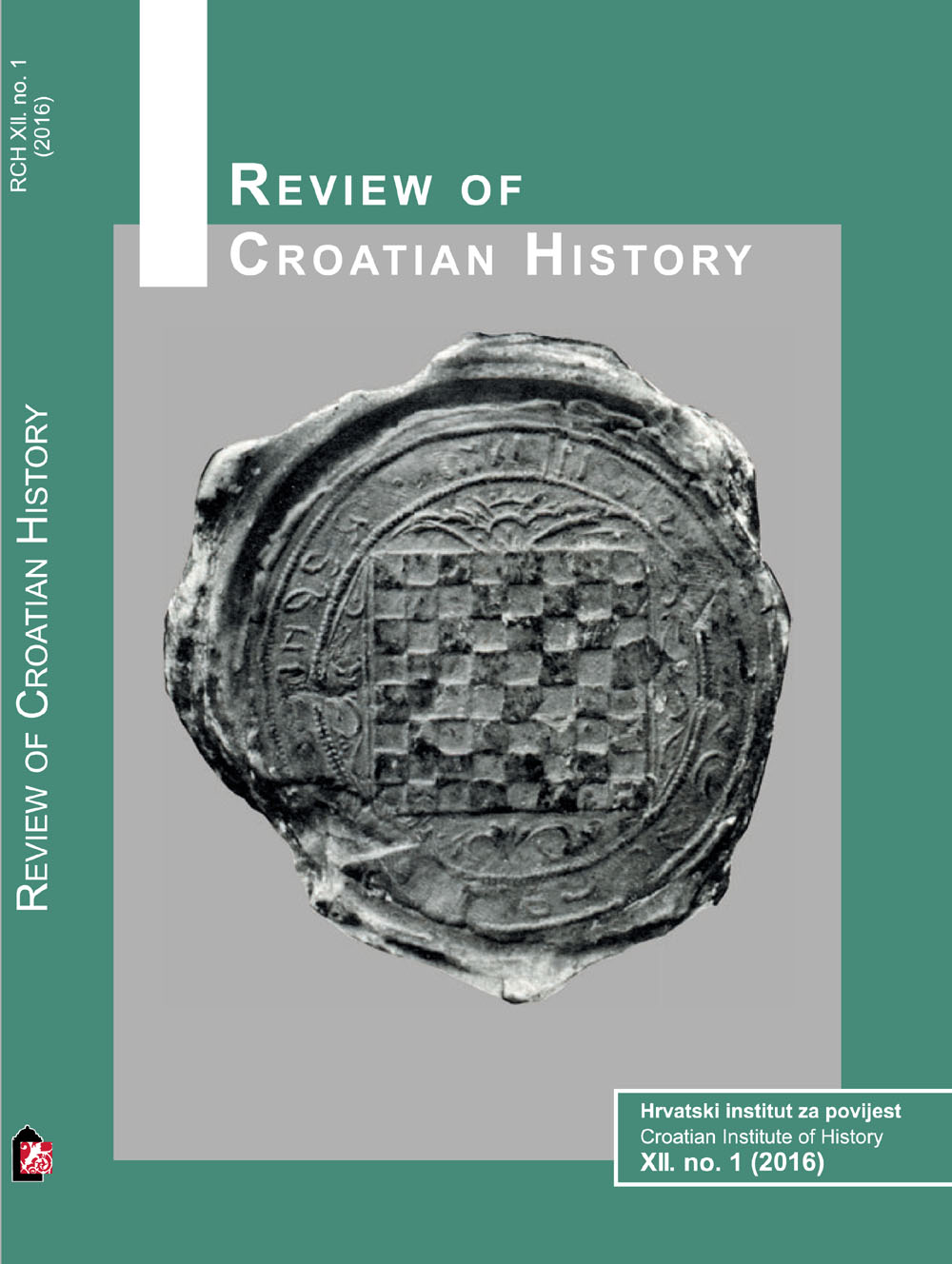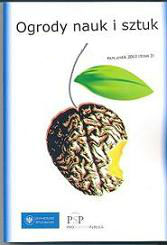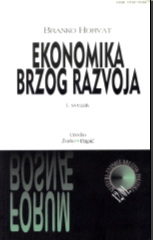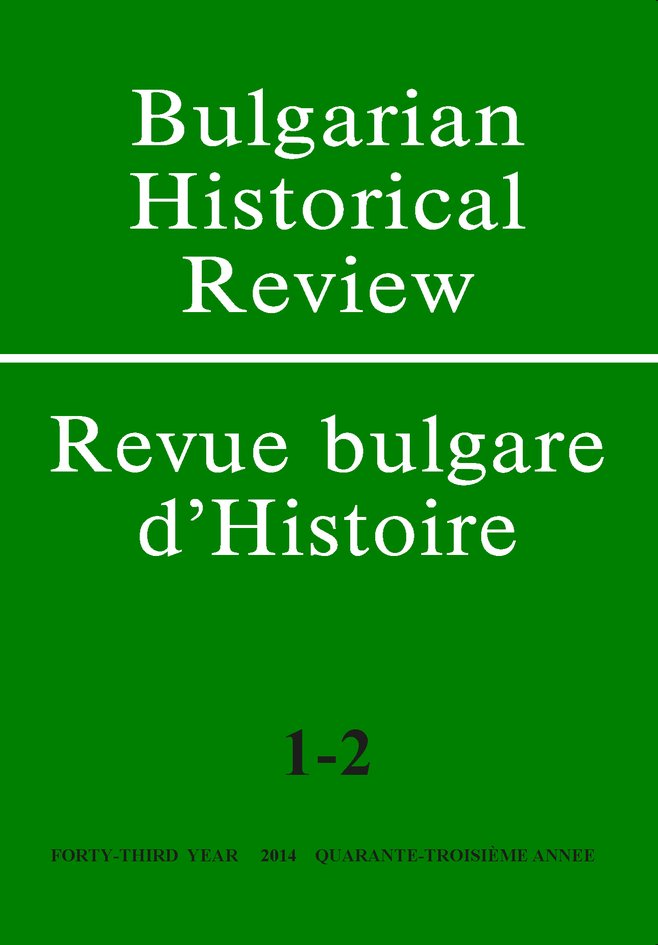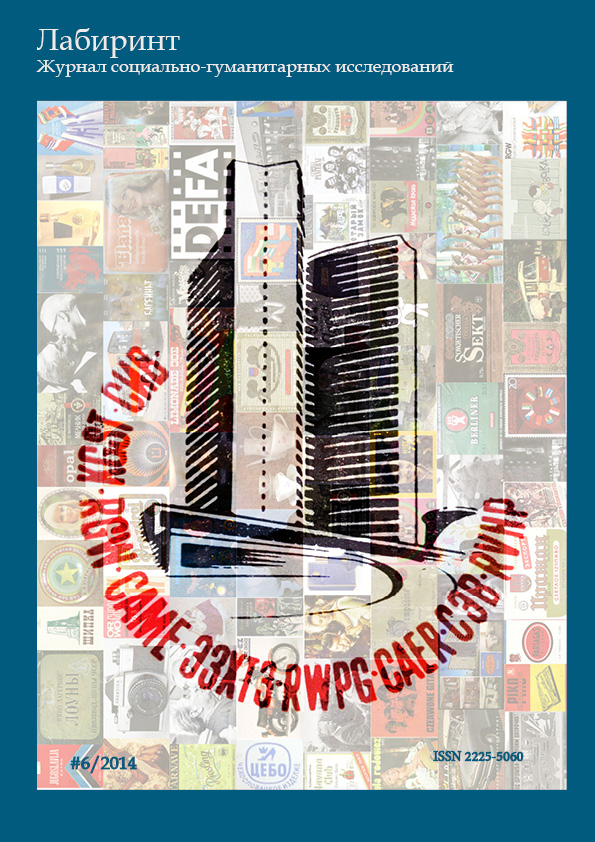
КУРИЦА НЕ ПТИЦА? ВОСПОМИНАНИЯ О СОЦИАЛИСТИЧЕСКОЙ МОНГОЛИИ
Монголия вошла в мою жизнь в июле 1974 года, когда я, лаборант Института археологии АН СССР, впервые принял участие в работе СМИКЭ — Советско-Монгольской историко-культурной экспедиции. После этого я ездил в неё практически ежегодно до 1990 года, проведя в Монголии 15 по- левых сезонов продолжительностью от месяца до двух, т. е. всего около полутора лет. Собственно- го научного интереса у меня в Монголии не было, поскольку с 1976 года я поменял свою научную специализацию и место работы: стал аспирантом, затем сотрудником Института востоковедения. Но каждый отпуск я работал лаборантом в археоло- гическом отряде СМИКЭ, соединяя функции рас- копщика (когда не хватало рабочих рук), худож- ника (когда надо было копировать вещи из редких неграбленых погребений1, или оленные камни2 и петроглифы3) и повара-любителя (постоянно), по- 1 Когда погребальный комплекс хотя бы минимально воз- вышается над земной поверхностью, он виден всем, и пото- му еще в древности становился приманкой для грабителей.
More...
